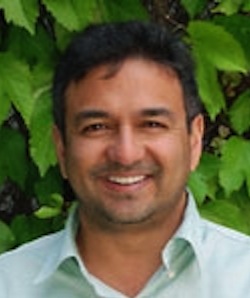
Cities and Climate Change
Noureen Ramzy | April 5, 2015
In his second Global Futures lecture at Georgetown on March 18, World Bank Group President Dr. Jim Kim presented a comprehensive and elaborate road map for action on climate change. In the question and answer section, the politics around international and local action was the focus, and in a Georgetown faculty panel later that day the question of what we, at Georgetown University, can and should do came into still sharper focus. This action challenge was the focus of the blog this week.
Highlights from Dr. Kim's Global Futures lecture are captured in an animated video produced by Global Futures Fellow Manny Fassihi. A full recording of the lecture is also available here.

Noureen Ramzy | April 5, 2015

Jemila Abdulai | March 22, 2015

Marina Djernaes | March 22, 2015

O. Felix Obi | March 22, 2015

Rajesh Sampath | March 22, 2015

Claire Cullen | March 21, 2015